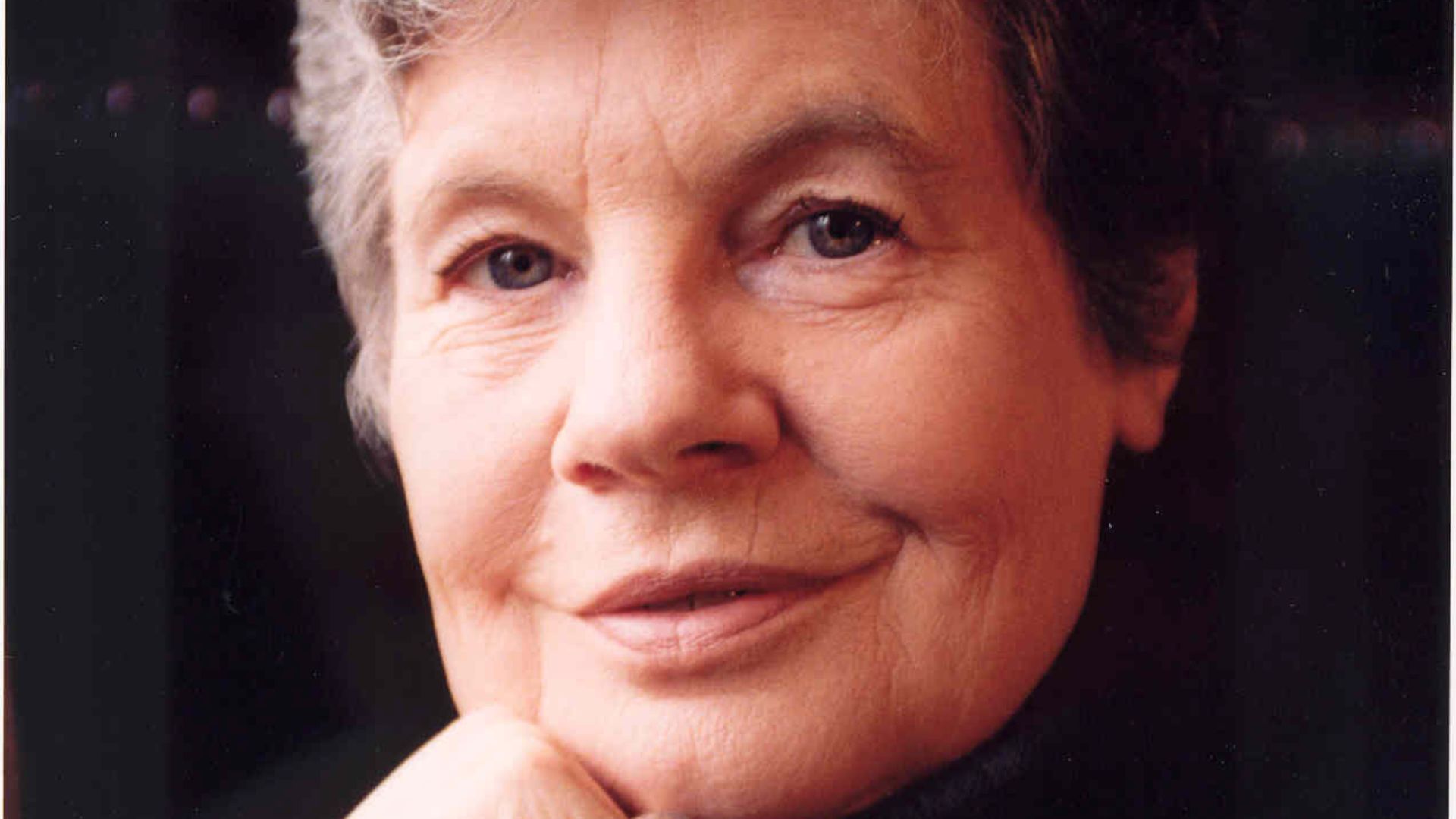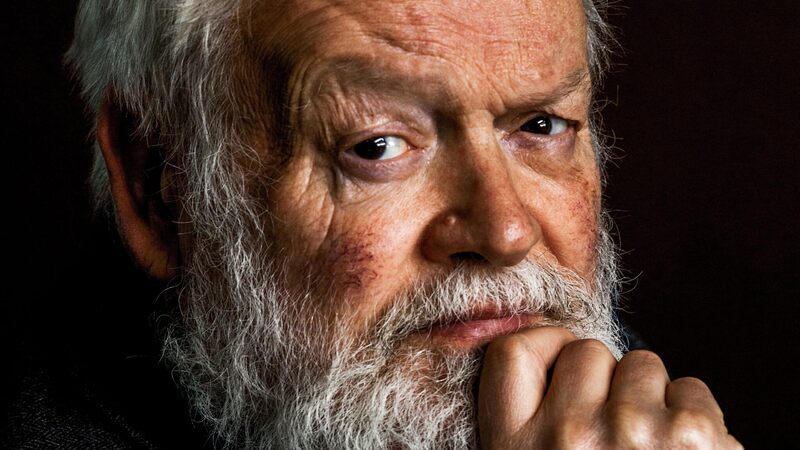You are viewing your 1 free article this month. Login to read more articles.
A S Byatt, famed for Booker Prize-winning novel Possession, dies aged 87
Writer and critic Dame A S Byatt, who won the Booker Prize for her 1990 novel Possession, has died aged 87.
Her publisher Chatto & Windus said: “We are deeply saddened to announce the death of Dame Antonia Byatt, one of the most significant writers and critics of our time. She died peacefully at home surrounded by close family.”
Byatt’s first novel The Shadow of the Sun was published by Chatto in 1964. “Twenty-three other spectacular novels and works of criticism followed" the publisher said, "including: the stunning sequence known as the Frederica Quartet; Possession (1990), a romantic tour de force about a pair of young scholars investigating the lives of two Victorian poets, which was an eminent winner of the Booker Prize; and The Children’s Book (2009), shortlisted for the Booker Prize and winner of the James Tait Black Memorial Prize.”
Byatt became a CBE in 1990 and a DBE in 1999. In 2014, a coleopterist working in Central and South America named a species of iridescent beetle in her honour (Euhylaeogena byattae Hespenheide), inspired by her portrayal of naturalists in the novella ‘Morpho Eugenia’ in Angels and Insects (1992). She received the Erasmus Prize in 2016, awarded by the king of the Netherlands at a ceremony in the Royal Palace of Amsterdam.
Clara Farmer, her publisher at Chatto & Windus, said: “Antonia’s books are the most wonderful jewel-boxes of stories and ideas. Her compulsion to write (A4 blue notebook always to hand) and her ability to create intricate skeins of narrative was remarkable. It was always a treat to see her, to hear updates about her evolving literary characters and indulge in delicious titbits of literary gossip. Like all Chatto’s publishers before me, I was devoted to her and her writing. 2024 would have been her 60th (Diamond) anniversary as a Chatto author. We mourn her loss but it’s a comfort to know that her penetrating works will dazzle, shine and refract in the minds of readers for generations to come.”
Zoë Waldie, her literary agent at RCW, added: “Antonia used to say that making things out of language was the most exciting thing she knew. She did this magnificently over many decades and held readers spellbound. Her formidable erudition and passion for language were combined with a love of scholarship and an astonishing memory, forged by learning poetry and rules for spelling and grammar by heart as a child. Her writing is multi-layered, endlessly varied and deeply intellectual, threaded through with myths and metaphysics. She adored George Eliot and Proust, also Terry Pratchett. She was interested in so many things; phone calls with her about work were never routine, nor brief, and would reliably and joyfully digress to the topic of a painter or new exhibition, or to a European writer she’d just discovered, or to how the brain works, or to the tennis on television, or travel... She was a committed Europhile and relished getting to know her many foreign publishers and translators, on the continent and beyond. She was avidly interested in new writing and delighted in championing upcoming authors. We are heartbroken to have lost her, and our thoughts are with her family.”
Jenny Uglow, her long-term editor, also commented: “Working with Antonia Byatt was full of surprises. She was fascinated by metamorphosis, from the unexpected turn of individual lives, which she explored in early books like Still Life, to the chilling fantasy of short stories like ‘A Stone Woman’, and she was defiantly original, as with the inclusion of the poetry in Possession, or the form of her most original book, The Biographer’s Tale. Like many writers, she could hold the germ of a story in her head for a long time, sometimes for years, but when it emerged she would work on it assiduously in her notebooks and in conversations, reading widely to clarify the background of intellectual movements and artistic ideas, and mapping every scene in detail in her head, from the colours of clothes and the names of minor characters – which were often bizarre – to the complexity of train timetables. Finally, the shape was fully formed in her mind. Then it would flow on to the page, with not a change to be made.”



















